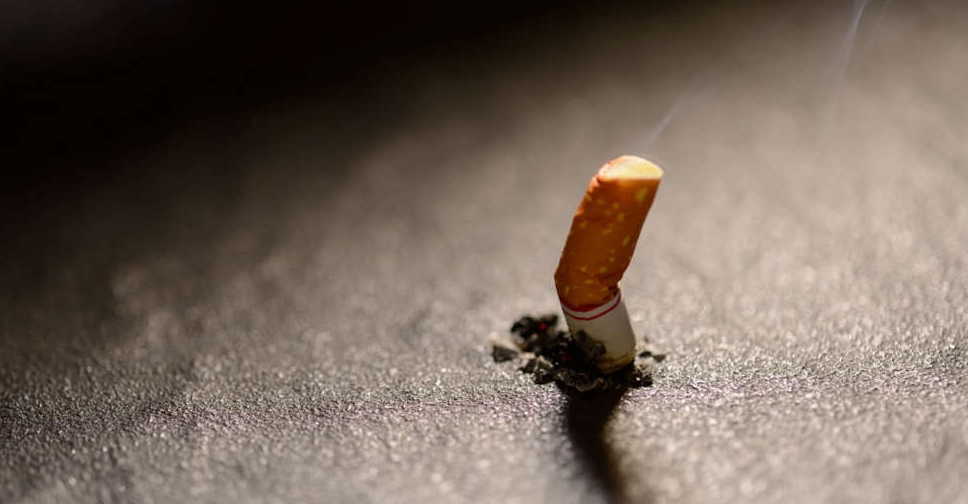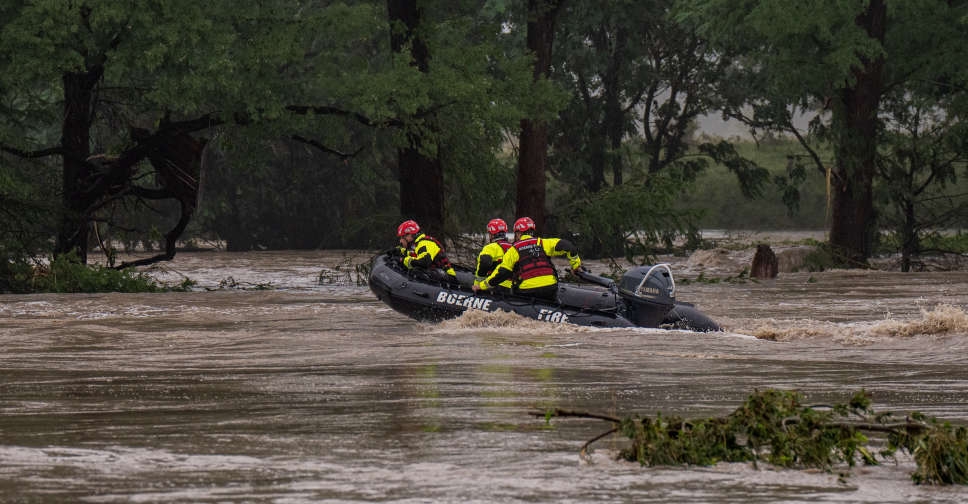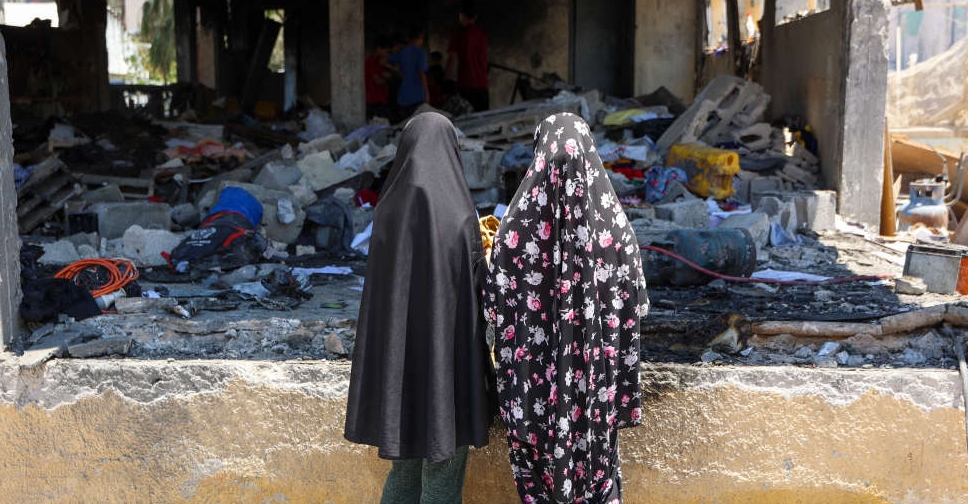
Future generations of New Zealanders will be banned from purchasing tobacco as part of a package of new anti-smoking laws that passed parliament on Tuesday and are among the most strict in the world.
The suite of new laws include bans on selling tobacco to anyone born on or after January 1, 2009, punishable by fines up to NZ$150,000 ($95,910). The ban will remain in place for a person's whole life.
The legislation will also reduce the amount of nicotine allowed in smoked tobacco products and cut the number of retailers able to sell tobacco by 90 per cent.
“This legislation accelerates progress towards a smoke-free future,” Associate Health Minister Dr Ayesha Verrall said in a statement.
“Thousands of people will live longer, healthier lives and the health system will be $5 billion better off from not needing to treat the illnesses caused by smoking, such as numerous types of cancer, heart attacks, strokes, amputations."
Retailers licenced to sell tobacco will be cut to 600 by the end of 2023 from 6,000.
Already boasting one of the lowest adult smoking rates among the 38 countries of the Organisation of Economic Cooperation and Development, New Zealand is further tightening anti-smoking laws as part of a government push to make the country "smoke-free" by 2025.
Only Bhutan, which banned cigarette sales in 2010, will have stricter anti-smoking laws.
The number of adult New Zealanders smoking fell by half over the past decade to 8 per cent, with 56,000 quitting in the past year. OECD data shows 25 per cent of French adults smoked in 2021.
Verrall said the legislation would help close the life expectancy gap between Maori and non-Maori citizens, which can range as high as 25 per cent for women.
ACT New Zealand, which holds 10 out 120 seats in parliament, condemned the law, saying it would kill off small shops and force people onto the black market.
“No one wants to see people smoke, but the reality is, some will. And Labour’s nanny state prohibition is going to cause problems,” said Deputy Leader Brooke van Velden.




 At least 24 dead in Texas flash flooding
At least 24 dead in Texas flash flooding
 Aid foundation says two of its workers injured in Gaza
Aid foundation says two of its workers injured in Gaza
 Hamas says it responds to Gaza ceasefire proposal in 'positive spirit'
Hamas says it responds to Gaza ceasefire proposal in 'positive spirit'
 Russia pounds Kyiv with largest drone attack, hours after Trump-Putin call
Russia pounds Kyiv with largest drone attack, hours after Trump-Putin call
 Trump says he expects Hamas decision in 24 hours on 'final' peace proposal
Trump says he expects Hamas decision in 24 hours on 'final' peace proposal






